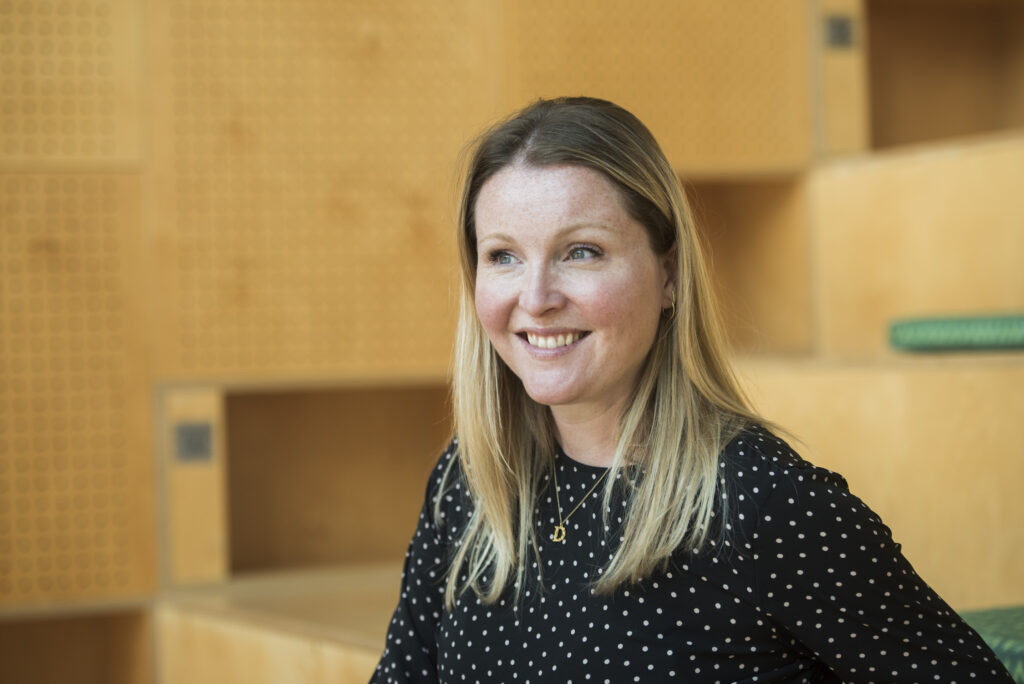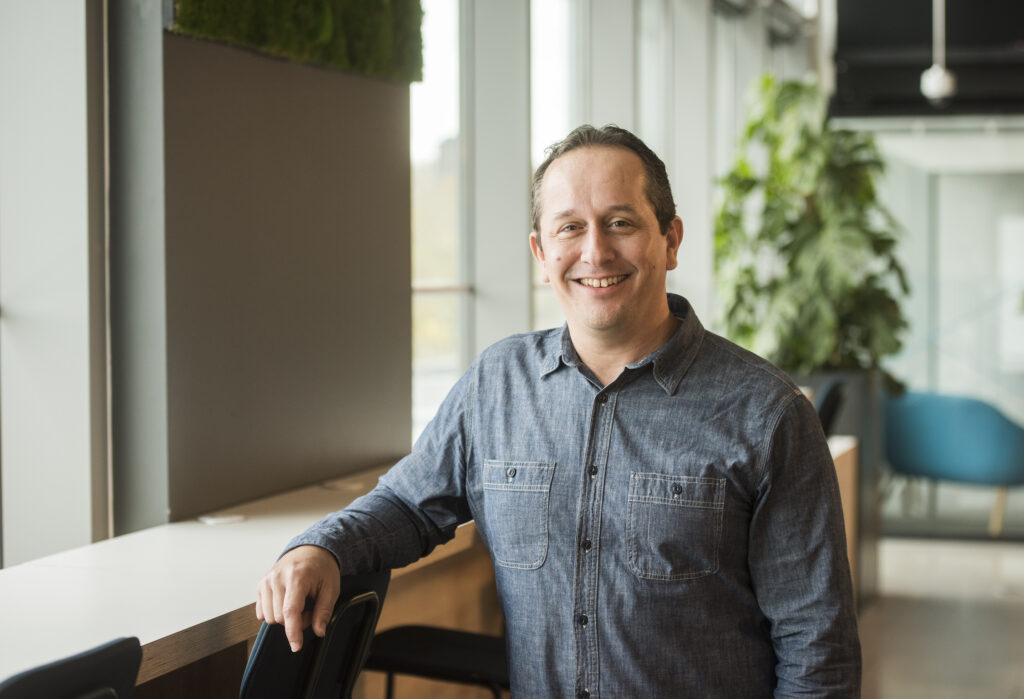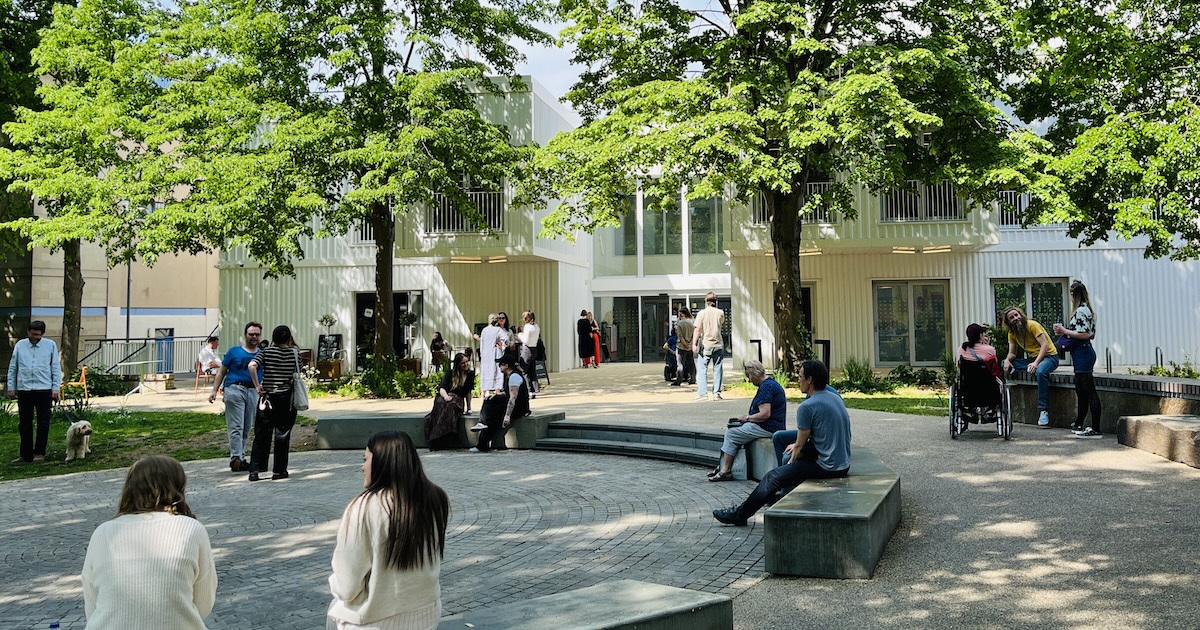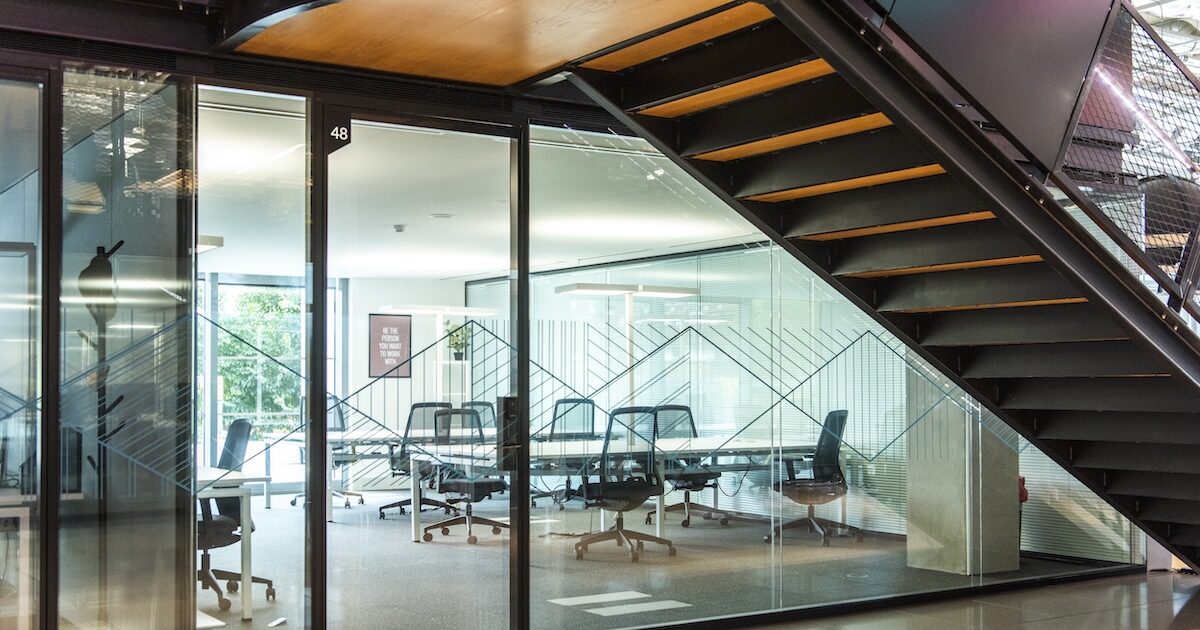How the pandemic has made accelerators more inclusive

By Diane Gilbert, innovation delivery lead
Now that we’re delivering Plexal’s latest (and largest ever) accelerator, Cyber Runway, it’s got me thinking about the impact the pandemic has had on the way we deliver our programmes.
The fact that people have become accustomed to video calls has made it easy for them to adjust to being on a virtual-first accelerator. We’ve been able to tap into a much broader pool of mentors and experts who might not have been able to travel to where the startups are. Our cross-border Rapid Innovation Accelerator, which connected startups in Oman with mentors in the UK, is a case in point.
But most importantly, virtual accelerators are more inclusive and accessible to people who live outside London (where most accelerators are delivered from) or people who might struggle to attend workshops in person during the day. As a mum of two who has had to make work fit around my parenting commitments earlier on in my career, I’m aware of how difficult it can be to plan to be in a meeting room across the city at 3pm on a Tuesday afternoon.
That being said, you do lose something when you don’t have the chance to build your network in person. Many of the members taking part in NCSC For Startups say that this has brought the most value to them, and early-stage startups need to build their networks most by rubbing shoulders with investors, fellow founders and potential buyers.
We have replicated impromptu networking online as much as possible through virtual huddles and breakout sessions but we’re now taking a hybrid approach. With Cyber Runway, we’re delivering a lot of content and support online, but we also have in-person events in regional hotspots like Cardiff, Edinburgh and Cheltenham.
London may be Europe’s tech capital but you shouldn’t need to be based in London to access the best startup support.
Why we’re helping innovators build better businesses

By Jason Mollring, programme and ecosystem lead
The businesses that will dominate the market and shape lives can’t be built on the tired models and the same old ways of thinking. That’s why we’re making sure that the entrepreneurs going through our latest Cyber Runway accelerator aren’t just getting masterclasses on securing funding and technical product development – as important as they are.
We’re helping them integrate environmental sustainability into their business model, consider the mental health of their teams and work hard on creating hiring processes and a culture that genuinely enables people from a range of backgrounds to thrive.
For example, the co-founders of CAPSLOCK, which has first-hand experience of being on the receiving end of sexist behaviour from potential clients and investors, will help their fellow accelerator members become aware of how their biases may be affecting the way they treat women. Sometimes it can be something as subtle as always looking at the male member of the team, rather than his female co-founders, but that’s the sort of behaviour we want to see the back of.
Some members might wonder why we’re bothering with this content in an accelerator. But the truth is if you want to hire the best, win clients and bring investors on board, having a good product isn’t enough. You have to consider the impact of your technology on society and integrate social good into your processes, mission and culture.
This is the new competitive advantage.
The companies going through our accelerator will play a crucial role in helping people and organisations stay safe online. They also have an opportunity to be leaders that prioritise diversity, inclusion, wellbeing and sustainability.
It’s our hope that all accelerators and programmes follow our lead. And if you’ve made progress in these areas, pay it forward by sharing how you did it with your community.


